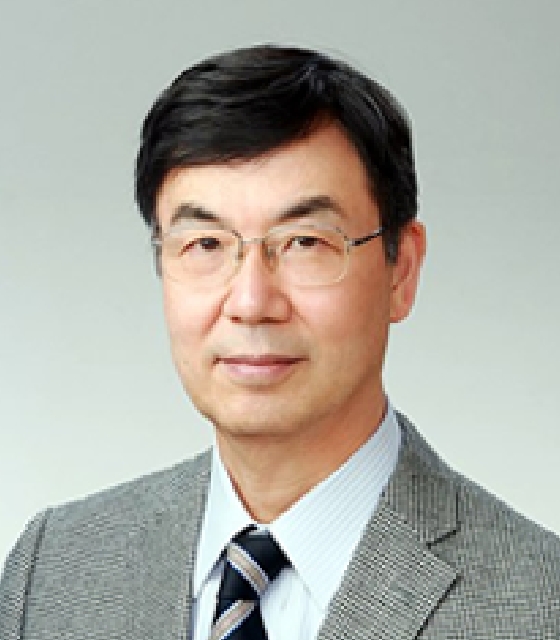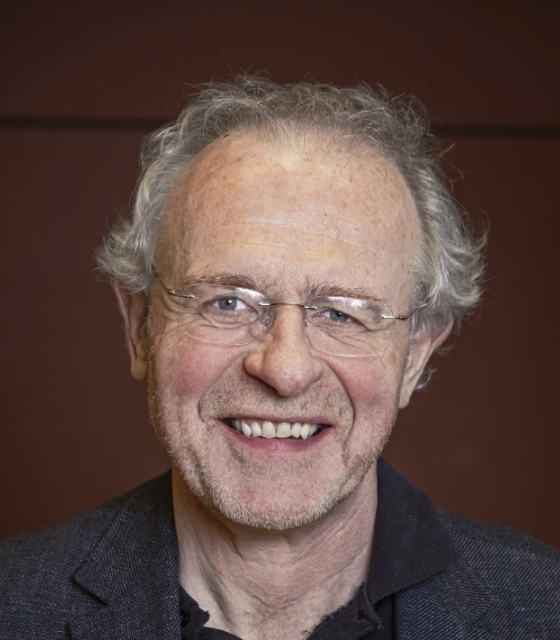-

Dr. Shimon Sakaguchi
Immunology Frontier Research Center(iFReC), Osaka University, Osaka, Japan
Shimon Sakaguchi is a Distinguished Professor at the Immunology Frontier Research Center (IFReC) at Osaka University, Japan. He obtained an M.D. in 1976 and a Ph.D. in 1982 from Kyoto University, Japan, where he was trained as a pathologist and immunologist. After performing postdoctoral studies at Johns Hopkins University and Stanford University as a Lucille P. Markey Scholar, he served as an Assistant Professor in the Department of Immunology at the Scripps Research Institute. He returned to Japan in 1991 and continued his research as a head of the Department of Immunopathology at Tokyo Metropolitan Institute of Gerontology, Tokyo. From 1998 to 2011, he was a Professor of Institute for Frontier Medical Sciences Kyoto University and served as the Director of the Institute for several years. In 2011, his lab moved to Osaka University. Dr. Sakaguchi is an immunologist recognized particularly for his discovery of regulatory T (Treg) cells, an indispensable constituent of the immune system for the maintenance of immune tolerance and homeostasis. He has been awarded many international prizes including Keio Medical Science Prize in 2008, Canada Gairdner International Award in 2015, the Crafoord Prize in 2017, the German Immunology Award in 2019 and Nobel Prize in Physiology or Medicine in 2025.
-

Eric Anders
Dr. Thomas Boehm
Max Planck Institute for Biology Tuebingen, Germany
Thomas Boehm, Research Group Leader at the Max Planck Institute for Biology Tuebingen, studies the evolution of vertebrate immune systems and the function of the thymus and T cell development. He graduated from Goethe University Frankfurt with an MD degree. After residency training in pediatrics, he continued as a postdoctoral fellow at the MRC Laboratory of Molecular Biology in Cambridge (England). He then took faculty positions at the University of Freiburg (Germany), the German Cancer Center Heidelberg (Germany), and the Max Planck Institute of Immunobiology and Epigenetics, where he served as director until 2024. He serves on external advisory boards for academic research institutes in multiple countries, chairs the Scientific Councils of the Paul Ehrlich Foundation, and the Jung Foundation for Medicine, and serves as Vice-President of the German Academy of Sciences. He has received a number of awards for his work, and has been elected to a number of learned societies, including the European Molecular Biology Organization, the Heidelberg Academy of Sciences, the German Academy of Sciences, and the American Academy of Arts and Sciences. His current work focuses on the adaptive immune system of lampreys and the variant immune constellations of deep-sea anglerfishes exercising sexual parasitism.
